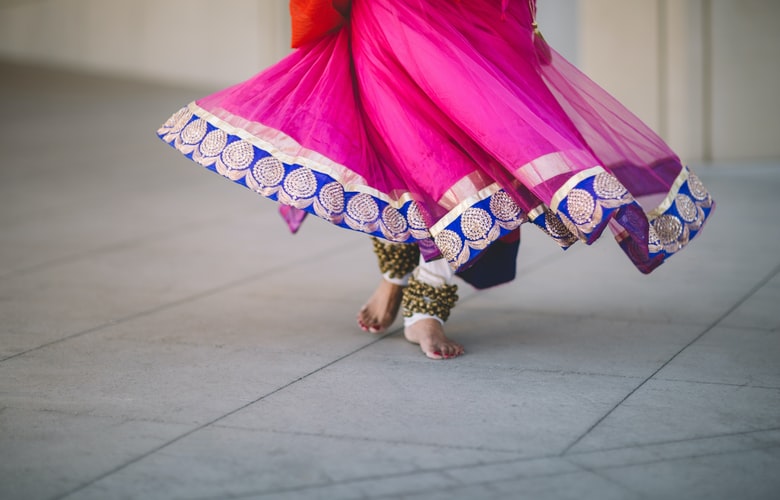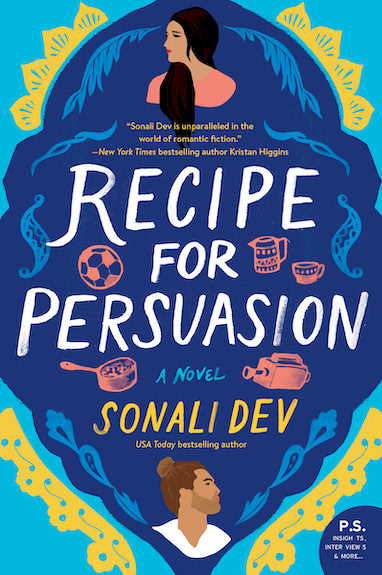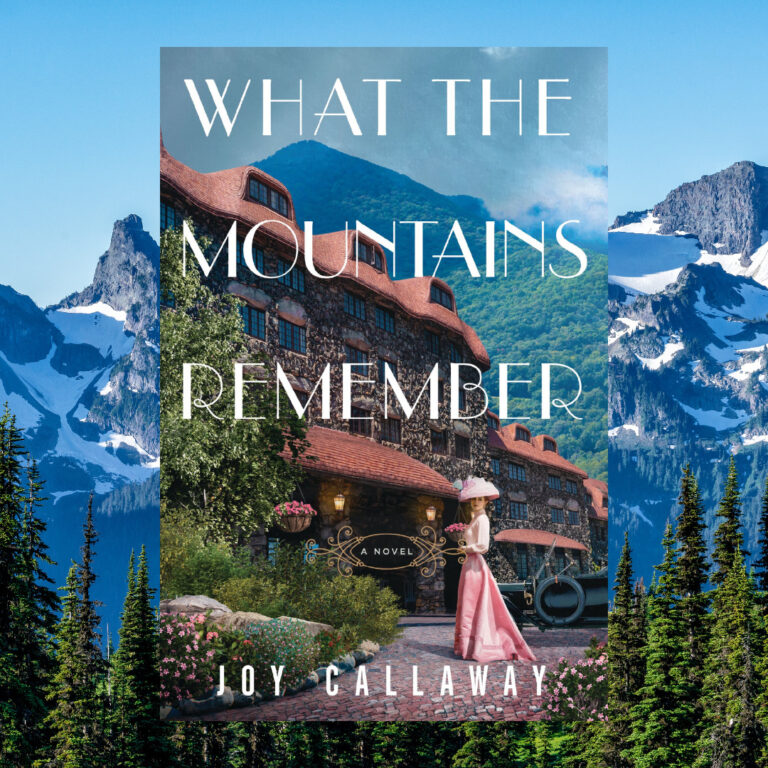[Note from Frolic: We’re so excited to welcome author Sonali Dev to the site today! She’s sharing how Bollywood influences her storytelling. Take it away, Sonali!]
For those of you who aren’t familiar with the term Bollywood, it’s a blanket term used to indicate the Hindi language film industry. Very creatively, it comes from the splicing together of Bombay (where the industry was founded) and Hollywood (for generic filmmaking context. Ahem). It isn’t a label that everyone who works in that industry embraces, but that’s an entirely different blog post.
To me Bollywood is a two-pronged concept, one cultural and the other stylistic. Culturally, it’s simply stories centered around Indians and the Indian state of mind — which is essentially as rich a background as you could find for any story, with a history that spans millennia, a culture that holds within itself hundreds of sub-cultures, the meeting and melding of the eastern and the western, the opulent and the wretched. Against this backdrop we have familial bonds that are so tight they have the power to stifle the life out of you as much as yank you back from the edge of tragedy. It’s story gold.
As for style, the ‘Bollywood style’ (of my childhood, at least) is reminiscent of sweeping magnum opuses. Even the smallest stories are turned into sagas bursting with colorful characters, settings, clothes, all spotlighting the highest possible stakes. A wide-angled shot of a people who take emotions very seriously: the dramatic, just this side of melodramatic; families that have no boundaries, no concept of privacy; love that makes choruses burst in your head. It’s beautiful people in beautiful places, but also the smell of the most wretched sewers. It hops around the world but is tied to the traditions of an ancient land. It’s the clash of the oldest culture in the world warring with the most modern values.
Whether you enjoy huge sweeping stories about ordinary people or ordinary stories about larger than life people, the storytelling gives you no place to hide. It’s all there, and by God, you are going to feel it.
What writer doesn’t want to write that way? We live for our readers’ tears and laughs. We die for when our readers walk away with an ache in their heart that feels so real they want to curl up in a ball and not interact with the outside world.
Then there’s the influence on content. As a young girl, the perspectives the stories pushed at me didn’t always sit well. The gendered roles, the zero-sum definitions of morality, the power structures—all on display in that in-your-face way, ironically enough, made it easy to call bullshit on. It was like someone had, unwittingly, picked out all the patriarchy and misogyny in our world and put it on garish display so I could see it, but they’d also mixed it up with love and respect and community. Now here I am with armfuls of material that I get to weed through in my own stories, and here are my three greatest lessons learned:
Marriage is not a magic wand
A Bollywood Affair, my first book, often gets called an ‘Arranged Marriage book.’ Readers, it is not. Many Bollywood films of my childhood were. This was the general plot: Woman is in love with man. Parents get woman married off to a different man who is NOT the man the woman desires. Woman makes her journey to finding love with this man she did not choose. Example: Kabhie Kabhie, Hum Dil De Chuke Sanam (both movies I love for other reasons). The idea that the sanctity of marriage would magically bring happiness read to me as code for: 1) Your parents know what’s best for you better than you do 2) When you put your head down and gratefully accept something you’re forced into you find happiness. Both were concepts that kept things nice and convenient for the patriarchy by chipping away female agency. Bitter pills with the sweet coating of a Happily Ever After.
A Bollywood Affair was my ode to undoing this theme, where happiness lies outside of the marriage without choice. (Sidenote: Choice is the keyword here. Not all ‘Arranged Marriage’ is forced. In this context, I’m referring to instances where it is). Recipe for Persuasion takes on these themes in even less subtle ways. Further, it goes on to explore what happens when a woman refuses to put her head down and comply with a marriage she doesn’t desire.
Desire doesn’t equal destruction
Another recurring theme in the Bollywood films of my childhood was: Sex out of wedlock always, ALWAYS, results in pregnancy, followed by death of the man you had sex with, followed by unwed motherhood, followed by a life of hideous suffering and sacrifice. Examples: Aradhana. Where a woman sleeps with a man she’s in love with (in what might be one of the steamiest Bollywood songs ever filmed). True to trope, he dies and then she literally spends her life as her own son’s nanny, stuck in impoverished, yearning-filled, grief-ridden hell. This was code for: 1) giving in to desire leads straight to ruination 2) your entire worth as a female human being is determined by your ability to keep your legs tightly closed.
This had to have rung absurd to all of us Indian kids who grew up to be writers and filmmakers because the incidence of suffering induced by non-marital sex has disappeared from the Bollywood lexicon. Praise be.
One of my favorite scenes that I’ve written is from A Distant Heart where Kimi coerces her friend Rahul to sleep with her before a high-risk surgery because she doesn’t want to die a virgin. And these lines after he’s, well, complied with her wishes are what make it such a beloved scene: “Stop being old-fashioned, Rahul. We’re both adults. You’re not taking my honor. My honor is not buried in my crotch. And if it were, you just made it explode out of there. It’s probably splattered across the ceiling.”
Clarity when it comes to sex is a gift
This last one is the traumatized scream of the little girl who was afraid of rain thanks to Bollywood films. My earliest lesson in how babies are made came from Bollywood. Every time a woman and man got stuck in the rain together, the woman ended up pregnant. No, I’m not making this up. And you already know what happened when an unmarried woman got pregnant. Add to this the fact that the part of India I’m from has a three-month long monsoon when it rains incessantly, and I went through a desperately confused phase where I wanted to run around warning all the women walking in the rain with men in the vicinity. I’m afraid to speculate on what exactly the rain was code for, but when it comes to sex-related symbolism, I’m sworn to staying far away from it. Sex never happens by accident in my books, it is discussed, clearly consented, and if there are torrential downpours involved, umbrellas are always at hand. Okay, fine, I save the symbolism for my blog posts.
Interestingly enough, writing stories that pay homage to Jane Austen, who lived two centuries before the Bollywood of my childhood, I feel like I’ve found the perfect story canvas to examine these lessons learned. I’ll just do it Bollywood style, of course.
About the Author:
Sonali Dev’s first literary work was a play about mistaken identities performed at her neighborhood Diwali extravaganza in Mumbai. She was eight years old. Despite this early success, Sonali spent the next few decades getting degrees in architecture and writing, migrating across the globe, and starting a family while writing for magazines and websites. With the advent of her first gray hair her mad love for telling stories returned full force, and she now combines it with her insights into Indian culture to conjure up stories that make a mad tangle with her life as supermom, domestic goddess, and world traveler.
Sonali lives in the Chicago suburbs with her very patient and often amused husband and two teens who demand both patience and humor, and the world’s most perfect dog.
Recipe for Persuasion by Sonali Dev, out now!
Chef Ashna Raje desperately needs a new strategy. How else can she save her beloved restaurant and prove to her estranged, overachieving mother that she isn’t a complete screw up? When she’s asked to join the cast of Cooking with the Stars, the latest hit reality show teaming chefs with celebrities, it seems like just the leap of faith she needs to put her restaurant back on the map. She’s a chef, what’s the worst that could happen?
Rico Silva, that’s what.
Being paired with a celebrity who was her first love, the man who ghosted her at the worst possible time in her life, only proves what Ashna has always believed: leaps of faith are a recipe for disaster.
FIFA winning soccer star Rico Silva isn’t too happy to be paired up with Ashna either. Losing Ashna years ago almost destroyed him. The only silver lining to this bizarre situation is that he can finally prove to Ashna that he’s definitely over her.
But when their catastrophic first meeting goes viral, social media becomes obsessed with their chemistry. The competition on the show is fierce…and so is the simmering desire between Ashna and Rico. Every minute they spend together rekindles feelings that pull them toward their disastrous past. Will letting go again be another recipe for heartbreak―or a recipe for persuasion…?













